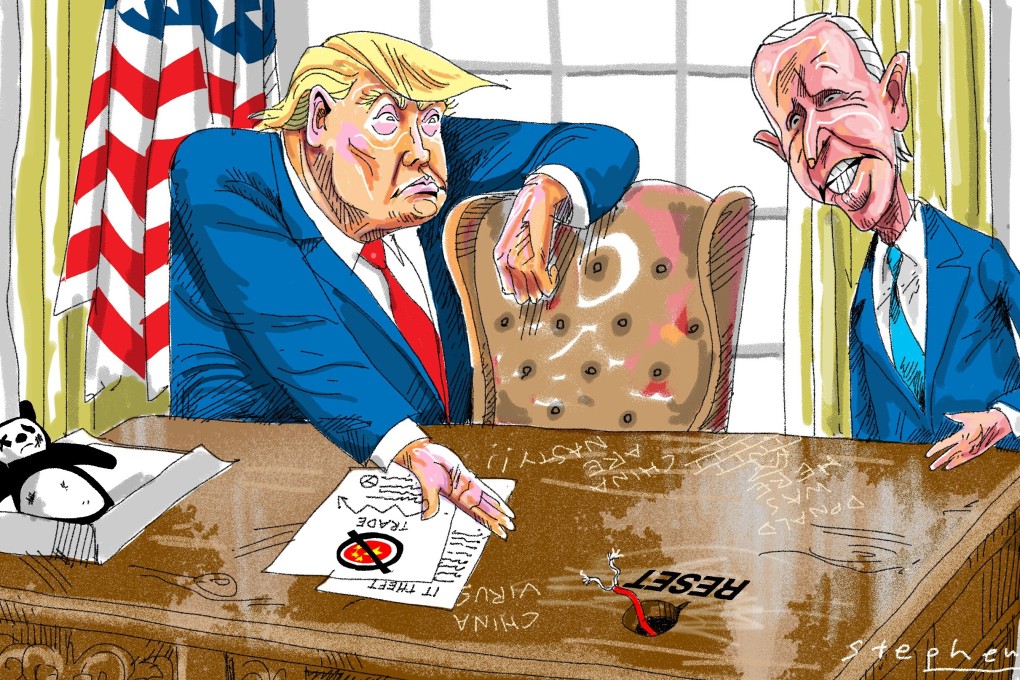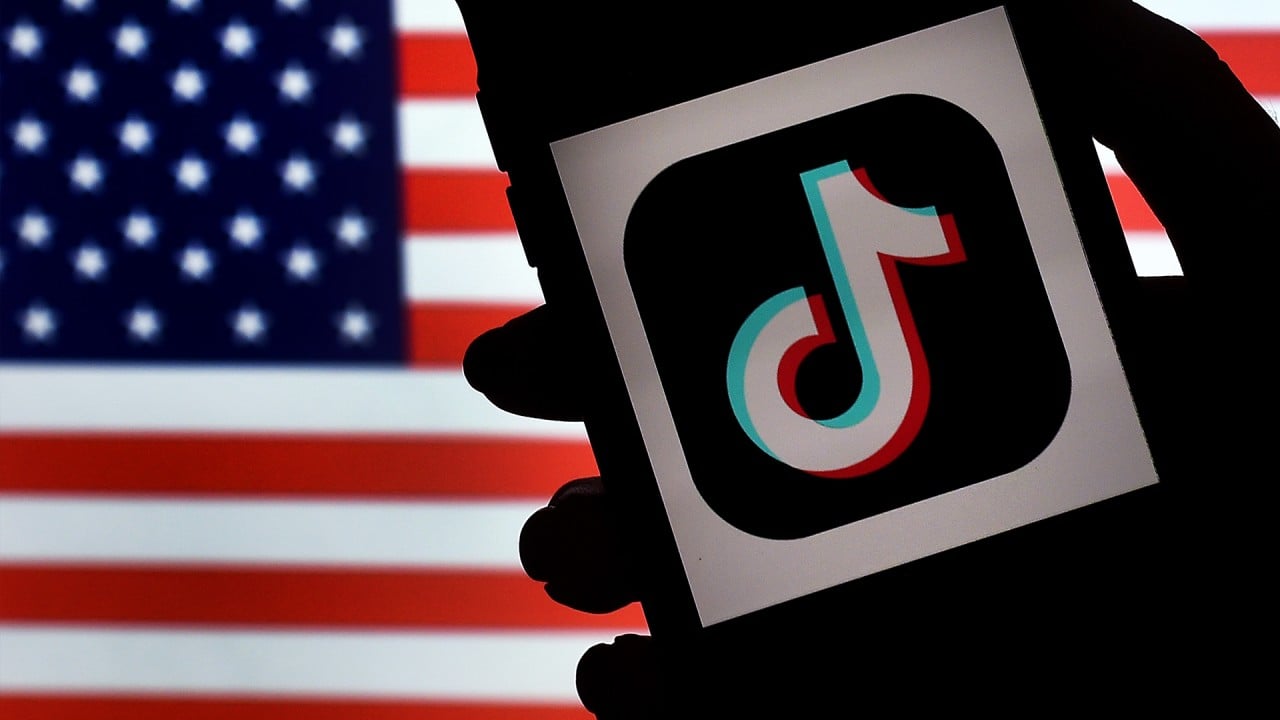Advertisement
Opinion | US-China relations aren’t likely to recover soon, whoever wins the White House
- Backed by a strong bipartisan consensus, Donald Trump has taken a scorched-earth approach to China
- But Beijing has also indicated it will not make concessions, which doesn’t bode well for bilateral ties even if Joe Biden wins the election
Reading Time:4 minutes
Why you can trust SCMP

The Trump administration has aggressively pursued US interests with regard to China, resorting to tremendous pressure and coercion tactics when it is unable to achieve results. Beijing has refused to budge or compromise in the face of this pressure, leaving the next US president with a bilateral relationship that cannot be quickly or easily fixed.
Advertisement
For all the Trump administration’s issues, including the high turnover of national security advisers and deeply conflicting ideologies among the long-serving cabinet members and advisers, the way it has conducted US-China relations has followed a surprisingly clear arc.
The first half of the administration was spent trying to engage China at the highest levels to achieve what it described as a “constructive, results-oriented” relationship.
A flurry of summits between Presidents Donald Trump and Xi Jinping, and multiple high-level dialogues agreed to in 2017 including the Diplomatic and Security Dialogue, the Comprehensive Economic Dialogue, the Law Enforcement and Cybersecurity Dialogue, and the Social and Cultural Dialogue, created space for the two sides to explore differences and convey their objectives and aspirations for the bilateral relationship.
Trump professed his respect and affection for Xi, and also promised reciprocity and results, little of which he was ultimately able to achieve.

03:07
Stop offering ‘untrusted’ Chinese apps like TikTok and WeChat, Washington urges US tech companies
Stop offering ‘untrusted’ Chinese apps like TikTok and WeChat, Washington urges US tech companies
By the autumn of 2018, the Diplomatic and Security Dialogue was held for the second and final time, but then secretary of defence James Mattis was forced to cancel what would have been his second trip to China, and the other dialogues would not be convened a second time.

Advertisement
